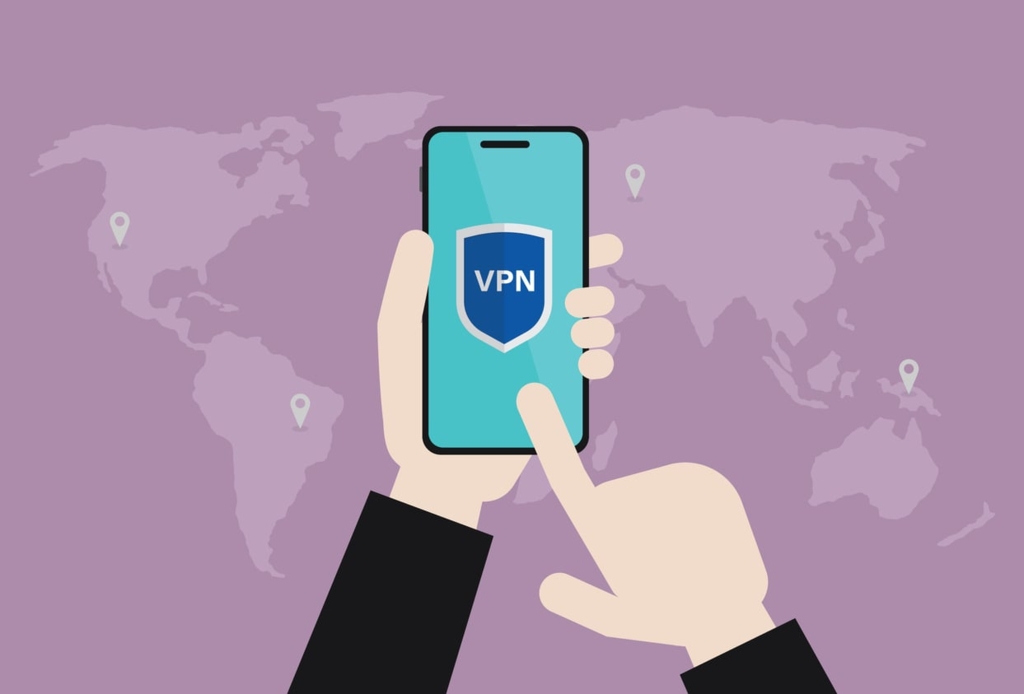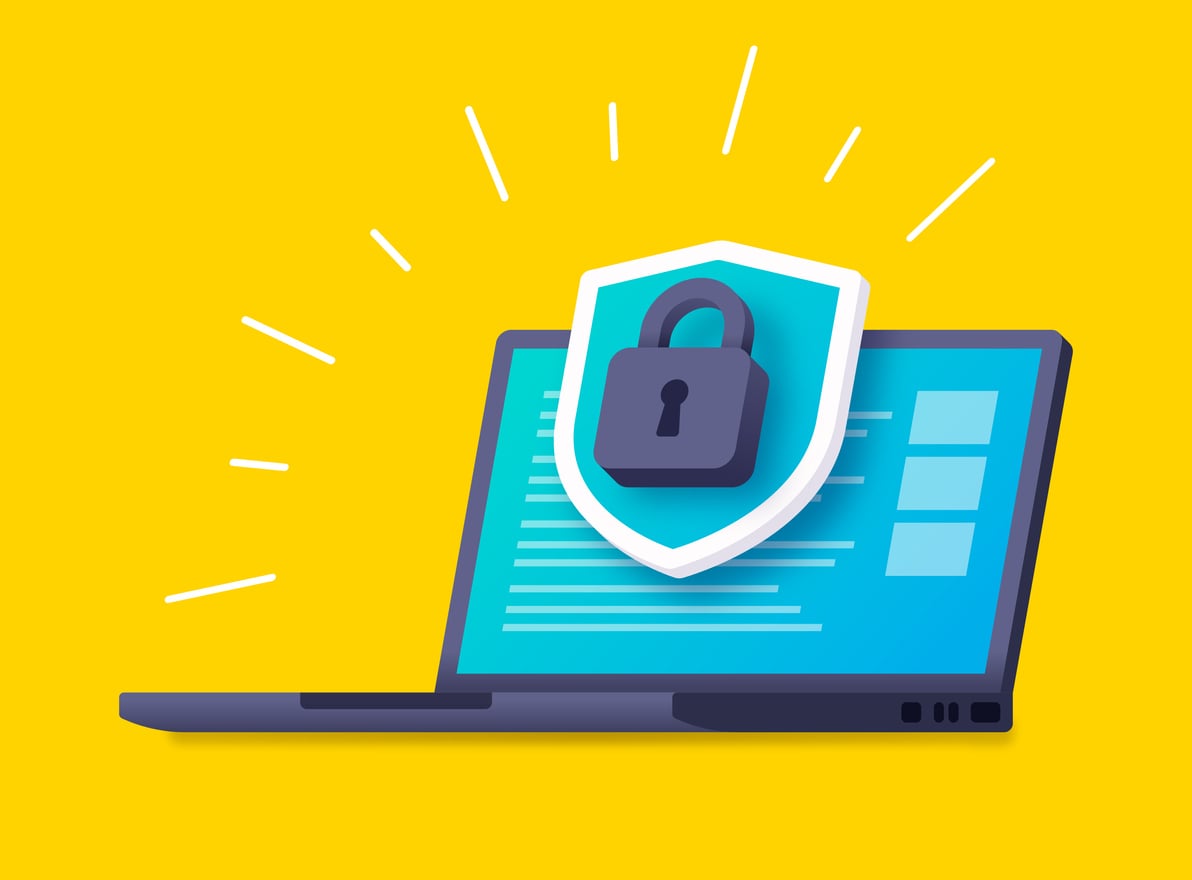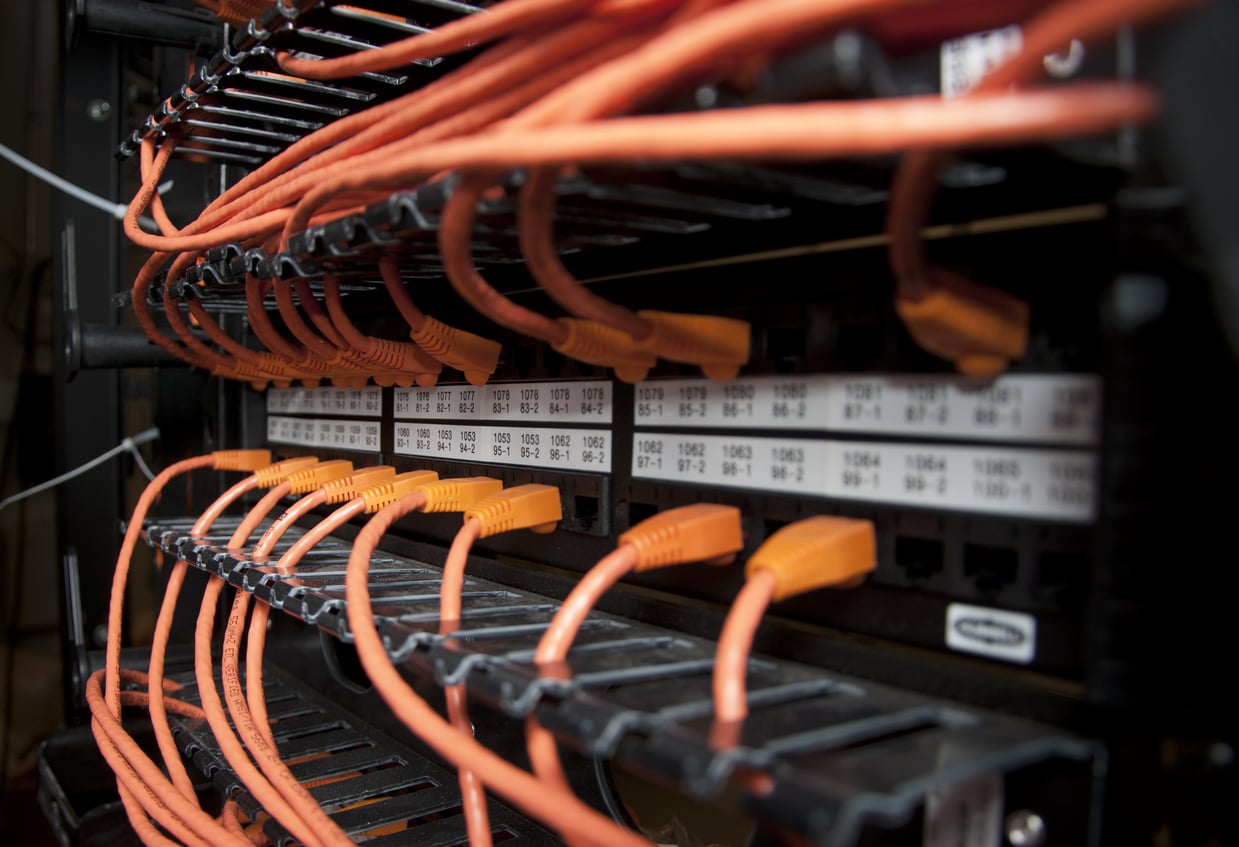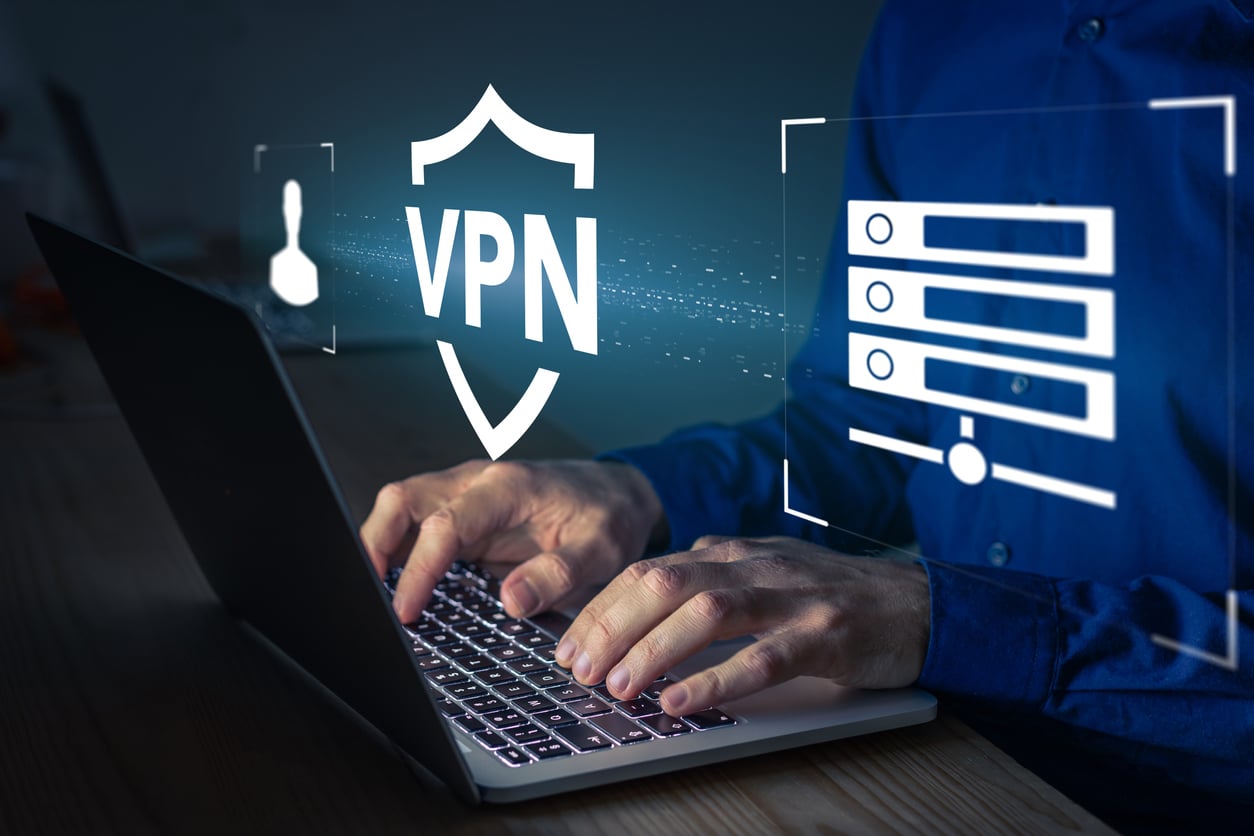As a business grows, it might expand to multiple shops or offices across the country and around the world. To keep things running efficiently, the people working in those locations need a fast, secure and reliable way to share information across computer networks. Traveling employees like salespeople need an equally secure and reliable way to connect to their business's computer network from remote locations. Even while on leisure, people want to keep their computers safe when on an unfamiliar or unsecured network.
One popular technology to accomplish these goals is a VPN (virtual private network). A VPN is a private network that uses a public network (usually the internet) to connect remote sites or users together. The VPN uses "virtual" connections routed through the internet from the business's private network or a third-party VPN service to the remote site or person. VPNs help ensure security — anyone intercepting the encrypted data can't read it.
Related Topics (Ads):
Several years ago, the most common way to connect computers between multiple offices was by using a leased line. Leased lines, such as ISDN (integrated services digital network, 128 Kbps), are private network connections that a telecommunications company can lease to its customers. Leased lines provide a company with a way to expand its private network beyond its immediate geographic area. These connections form a single wide-area network (WAN) for the business. Though leased lines are reliable and secure, the leases are expensive, with costs rising as the distance between offices increases.
Today, the internet is more accessible than ever before, and internet service providers (ISPs) continue to develop faster and more reliable services at lower costs than leased lines. To take advantage of this, most businesses have replaced leased lines with new technologies that use internet connections without sacrificing performance and security. Businesses started by establishing intranets, private internal networks designed for use only by company employees. Intranets enabled distant colleagues to work together through technologies such as desktop sharing. By adding a VPN, a business can extend all its intranet's resources to employees working from remote offices or their homes.
However, these days, VPNs can do much more and they're not just for businesses anymore. Individuals interested in securing their communications over unsecured public WiFi networks and remaining anonymous during their online transactions have begun subscribing to paid VPN services. These services function very much like business VPNs but go through a VPN provider to reach the internet, rather than via a private business.
In other words, a VPN can keep your computer, smartphone, and any other device you connect to the internet safe from hackers and malware, while keeping all your personal data and communications safe from prying eyes. With cybercrime on the rise, it's easy to see why so many people have started using them.
Paid VPN services function very much like business VPNs but go through a VPN provider to reach the internet, rather than via a private business. These services are incredibly easy to use. All you have to do is download the software, install it on your device, and connect to the server of your choice. As long as your VPN is connected, no one (not even your ISP) can know who you are, where you're located, or what you're doing online.
If you use public WiFi networks, a VPN can keep your connection secure and anonymous. If you travel, a VPN can give you access to geoblocked websites and streaming content from your home country (even you local Netflix library) while you're away. A few select VPNs can even keep you connected to all your favorite websites while you're visiting countries with strict censorship policies, like China or Russia.




